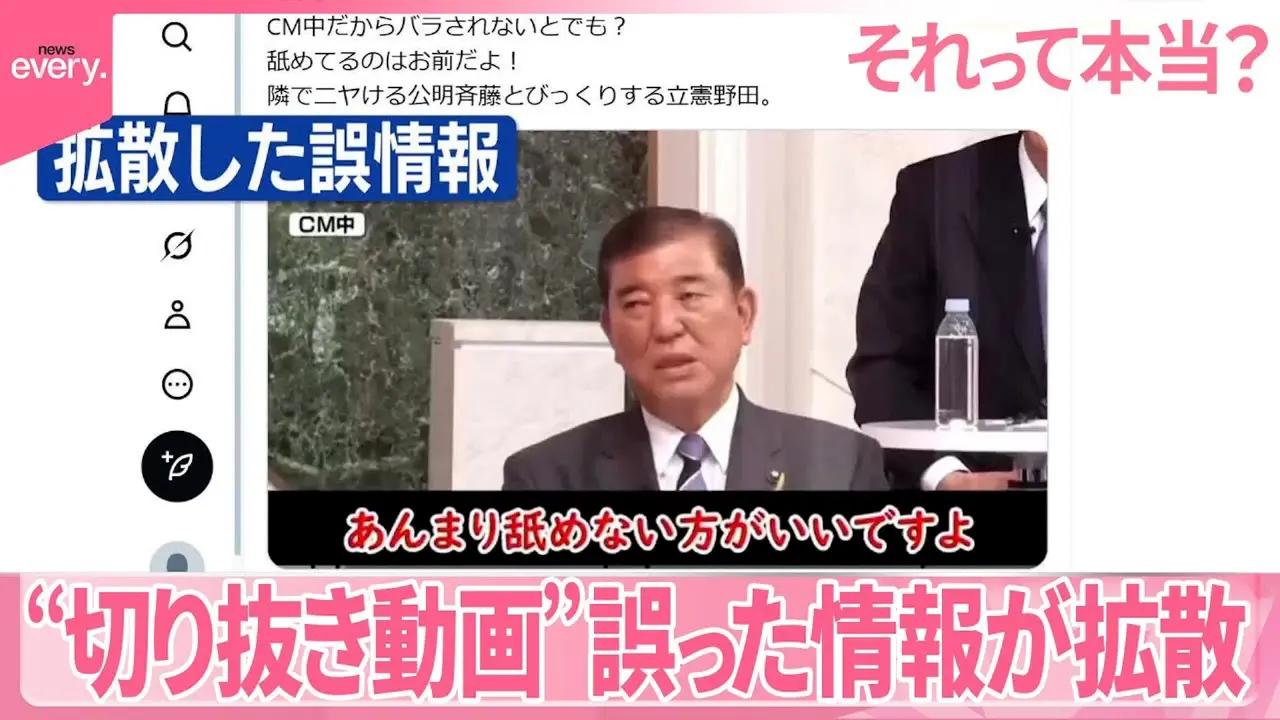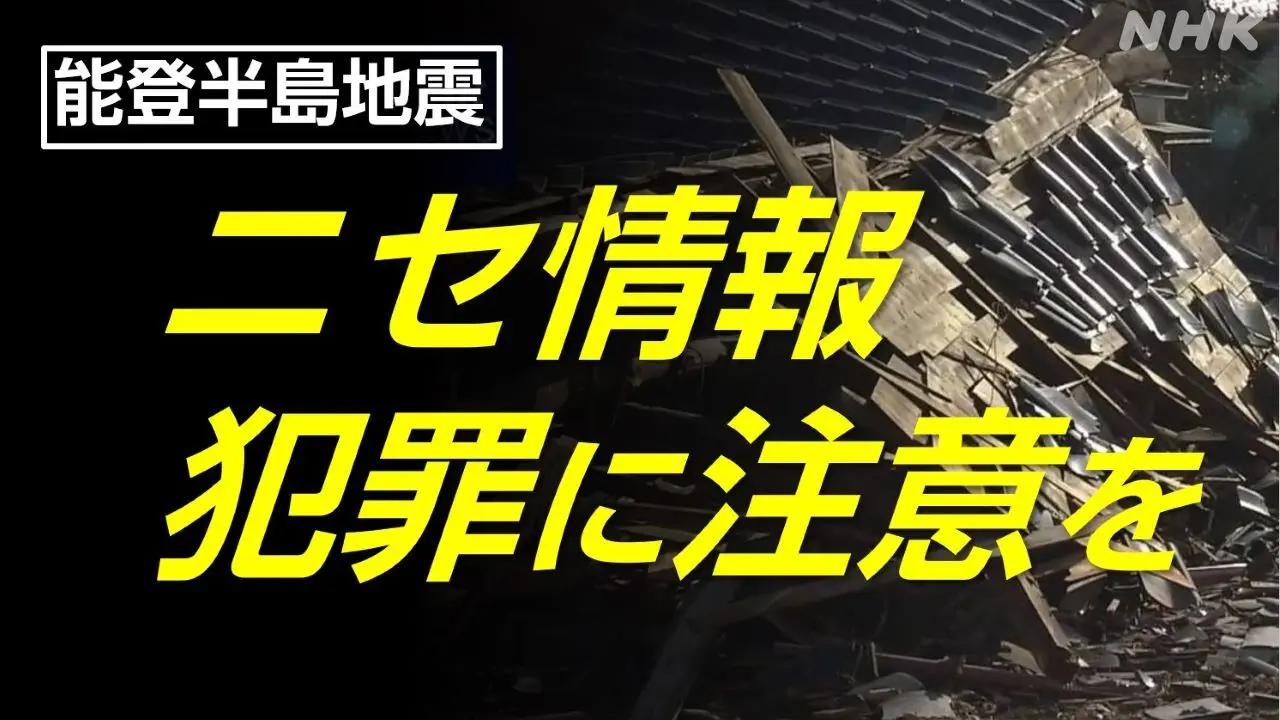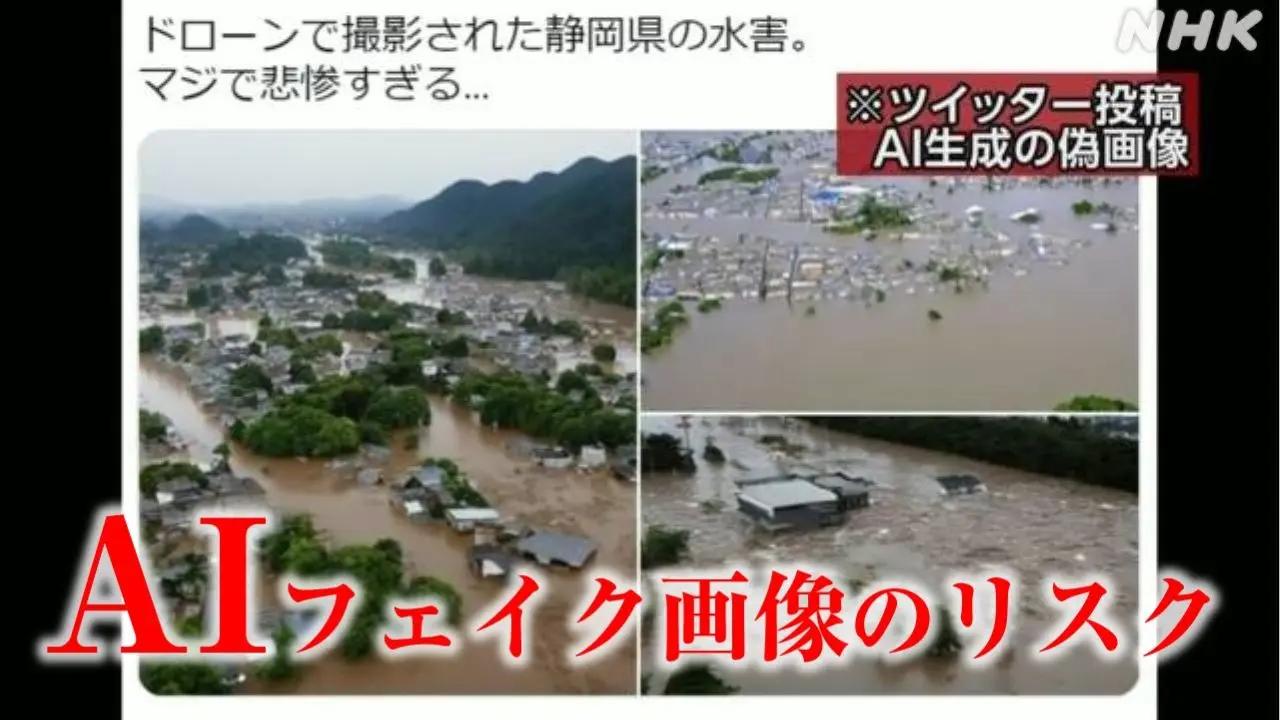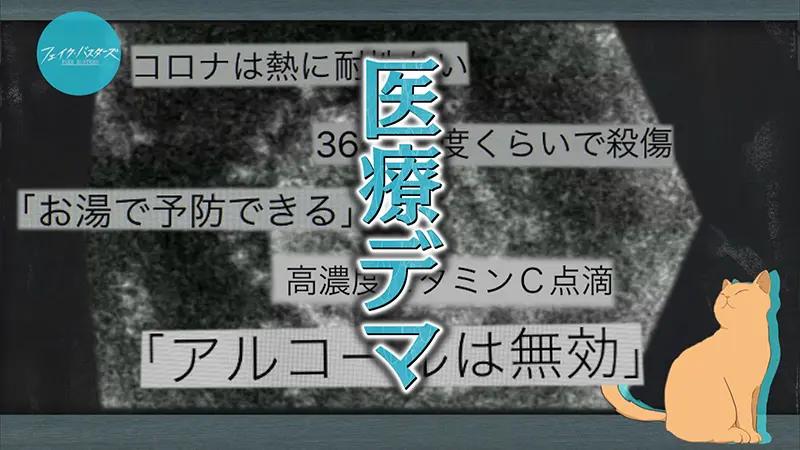ゲームで学ぶメディアリテラシー教育プログラム「レイのブログ」|謎解きでファクトチェックを実践

SNSのフェイクニュースから生成AIまで、最新の情報モラルを身につけるためのゲーム型メディアリテラシープログラム

プロから安全に学ぶAI・SNS
モラル講座や生徒指導に
社会課題解決や探求学習の入り口に







偽情報・生成AIフェイクに惑わされない「情報を見極める力」を育む
メディアリテラシー教育を
アップデートする時です。
世界最大の脅威
誤情報・偽情報
ダボス会議2025
世界経済フォーラム2025では、誤情報と偽情報が今後2年間で最大の脅威として位置づけられました。デジタル時代において、正確な情報を見分ける能力がこれまで以上に重要になっています。
偽情報を見分けられない
学生の8割以上が、インターネット上の
真偽を判断できない 現実
無意識に誤情報を拡散
学生の約半数が、
誤った情報を知らずに共有 している
データソース
- 令和2年6月 総務省 新型コロナウイルス感染症に関する情報流通調査報告書
- 世界経済フォーラム グローバルリスク報告書 2025














「レイのブログ」とは?謎解きストーリーで学ぶ没入型メディアリテラシー教材

最高の学び。最高の楽しさ。
ここでしか学べないメディアリテラシー実践スキル

一次情報を探る
ファクトチェックの基本である「一次情報」。ゲーム内で一次情報を探しながら、情報の見つけ方や信頼性の判断方法を学びます。

最新の手法で検証する
ゲームでは、実際のファクトチェッカーが使う手法を用いて情報を特定していきます。ここでしか体験できない実践的なスキルが盛り込まれています。

SNSに広がる誤情報を知る
縦型動画などのプラットフォームは、その特性から誤情報が拡散しやすいと言われています。なぜ誤情報が多いのか、なぜ人は信じてしまうのか――ゲームを通じて検証しながら考えます。

生成AIによるフェイクを見抜く
生成AIによって作られた偽情報を見抜き、元の情報を探し出します。AIがどれほど巧妙に情報を作れるのか、そしてその時代に私たちはどう情報と向き合えばよいのかを学びます。
学校・自治体向け出前授業の導入から開催まで
レイのブログは世界中の教育機関、日本中の学校に導入いただいています。
導入フロー
担当の先生よりお問い合わせ
オンラインデモプレイ・ご説明
開催への概要決定
最終打ち合わせ
開催までの準備
学校別カスタマイズとシステム準備
レイのブログ開催!
準備完了!
選べる3つの導入プラン(出張授業・オンライン・独自開発)
お客様のニーズに合わせた3つの導入プランをご用意しています。

出張授業プラン
体育館で、教室で、あなたの学校に伺います
開発を担当した大学生チームが直接授業
大きな準備は不要!
最高の没入体験をお届けします
導入事例(一部)

慶應普通部では、中学3年生200人が体験しました。

静岡県立掛川東高等学校では1~3年生の600人が体験しました。

開成中学校では1・2年生の600人が体験しました。

松山女子高等学校では、高校2年生300人が体験しました。
導入実績:全国の学校・教育機関でメディアリテラシー授業を実施
全国の教育機関で導入いただいています。
中学校
JH School
開成中学校・高等学校

実践女子学園

慶應義塾普通部

新渡戸文化中学校

佼成学園中学校高等学校

鎌倉女学院中学校高等学校

土佐塾中学・高等学校

八千代松蔭学園
高校
High School
洗足学園中学校高等学校

大阪教育大学池田校舎

東京都立片倉高等学校

埼玉県立松山女子高校

神奈川県立神奈川総合産業高等学校

常葉大学附属菊川高等学校

クラーク記念国際高等学校

東京都立日野高等学校

静岡県立掛川東高等学校
大学
University
スタンフォード大学

学習院大学

東京学芸大学

カリフォルニア大学

目白大学

政治大学

九州女子大学

国立台湾大学

九州産業大学
その他
Other
Google News Initiative

日本ファクトチェックセンター

日本テレビ放送網株式会社

日本国際交流センター

渋谷外語学院

三菱UFJニコス株式会社

創英ゼミナール

東京都立多摩図書館

台湾ファクトチェックセンター

星美ホーム
中学校




高校




大学




その他




※一部抜粋



専門家・教育者からの推薦と国際的な評価
教育者、研究者、メディア、そして海外からも。























参加した生徒の95%が、長期間にわたって誤情報への認識が向上したと報告
3年間の実績で、世界中の生徒への提供における総合満足度94%
生徒の98%が、プログラム体験後もメディアリテラシーについて学び続けたいと報告


鍛治本正人
香港大学ジャーナリズム教授
このゲームをプレイすることで得られるファクトチェックの基盤となるスキルはとても重要です。正直、自分の講義に座っているだけよりも楽しいと思います。

古田大輔
日本ファクトチェックセンター編集長
「レイのブログ」が良いのは、ファクトチェックの一つ一つのテクニック部分だけを教えるのではなくて、「こういう場合にはこういう能力を使わなきゃいけないんだ」という自分から学ぶことができる、「自分で探せた」という自信にもつながる。自分で探しながらの方がただ一方的に教えられるよりも本人たちの記憶にも残りやすいんじゃないかと思いました。

下村健一
元TBSアナウンサー
一言で言って、ほんとに教室が冒険になってるなと思いました。「メディアリテラシー」という言葉の敷居を下げることに成功していて、しかもやってることは奥が深くて天井も高い。この感じが両立してることがこれからに大変可能性を感じました。


台湾ファクトチェックセンターとワークショップ
Taiwan Factcheck Center

ベトナムのヴァンラン大学
Van Lang University

スタンフォード大学で開催
Stanford University
参加した生徒の95%が、長期間にわたって誤情報への認識が向上したと報告
3年間の実績で、世界中の生徒への提供における総合満足度94%
生徒の98%が、プログラム体験後もメディアリテラシーについて学び続けたいと報告
鍛治本正人
香港大学ジャーナリズム教授
このゲームをプレイすることで得られるファクトチェックの基盤となるスキルはとても重要です。正直、自分の講義に座っているだけよりも楽しいと思います。
古田大輔
日本ファクトチェックセンター編集長
「レイのブログ」が良いのは、ファクトチェックの一つ一つのテクニック部分だけを教えるのではなくて、「こういう場合にはこういう能力を使わなきゃいけないんだ」という自分から学ぶことができる、「自分で探せた」という自信にもつながる。自分で探しながらの方がただ一方的に教えられるよりも本人たちの記憶にも残りやすいんじゃないかと思いました。
下村健一
元TBSアナウンサー
一言で言って、ほんとに教室が冒険になってるなと思いました。「メディアリテラシー」という言葉の敷居を下げることに成功していて、しかもやってることは奥が深くて天井も高い。この感じが両立してることがこれからに大変可能性を感じました。

台湾ファクトチェックセンターとワークショップ
Taiwan Factcheck Center

ベトナムのヴァンラン大学
Van Lang University

スタンフォード大学で開催
Stanford University
偽情報や誤情報は、ニュースの中だけの話ではありません。
SNSや日常の会話の中で、私たちの選択を左右する深刻な問題です。
必要なのは、専門家から「正解」を与えられることではなく、一人ひとりが自ら真実を見極める力を育むこと。
その力は退屈な授業ではなく、心を動かす体験の中にあります。
私たちの強みは、夢中になれる世界を創造できること。
今、Classroom Adventureと「新しい学び」を始めましょう。
お問い合わせフォームは専用ページでご利用いただけます。
お問い合わせページへよくある質問(対象学年・教科・所要時間・情報モラルとの違い)
レイのブログは、謎解きゲーム形式で楽しみながらメディアリテラシーを学べる体験型教育プログラムです。生徒たちは「レイ」という人物のブログに隠された情報を探り、ファクトチェックのスキルを実践的に身につけていきます。
メディアリテラシースキルが必要な教科は多岐にわたります。 今までの開催実績としては「国語」,「社会」,「情報」,「探求」などがあります。それぞれの授業に適したインプットが行われるように調整いたします。
「レイのブログ」で身につく具体的なスキル及びマインドセットは大きくわけて2つです。 ❶情報への向き合い方の基本となる「クリティカルシンキング」 ❷プロも使う高度な「情報収集・検証能力」 実践的なスキルと、マインドセットの両方を学ぶことでメディアリテラシーを底上げします。
「レイのブログ」は中学生から大人まですべての人を対象に作られています。特に、インターネット・SNSを本格的に使い始める中学生、探究学習などで情報収集を行う高校生の学生さんにはおすすめです。
国連によると、メディアリテラシーとは「命を救う可能性のある決断を下し、社会のあらゆる分野に参加するために極めて重要である。それは民主主義の重要な柱であり、気候変動であれ、移民であれ、私たちが直面するあらゆる大きな問題に対処する能力の中心である。」と定義されます。 そのため、私たちが飲む水や呼吸する空気と同じように、公共財として扱われなければならない」とされ、仕事に関係なく市民の必須スキルとしています。
可能です。先生向けの短いデモや説明会を設けさせていただくことができるのでご相談ください。
大きな準備はありませんが、開催時の班決めやインターネットフィルタリングの設定などをお願いする場合があります。開催決定後に詳しくお知らせいたします。
詳しい所要時間は資料を御覧ください。 おすすめの時間は2時間です。
はい。インターネットにアクセスできる端末であれば、生徒さんのスマートフォンでも、学校支給のPCやタブレットでもどちらでも大丈夫です。 対応OS (iOS, iPad OS, Android, Windows, Mac OS, ChromeOS)
開催当日はClassroom Adventureのスタッフがファシリテーション・ヘルプ・ワークショップ・資料配布など必要なことは行います。先生方もぜひゲームにご参加ください!




